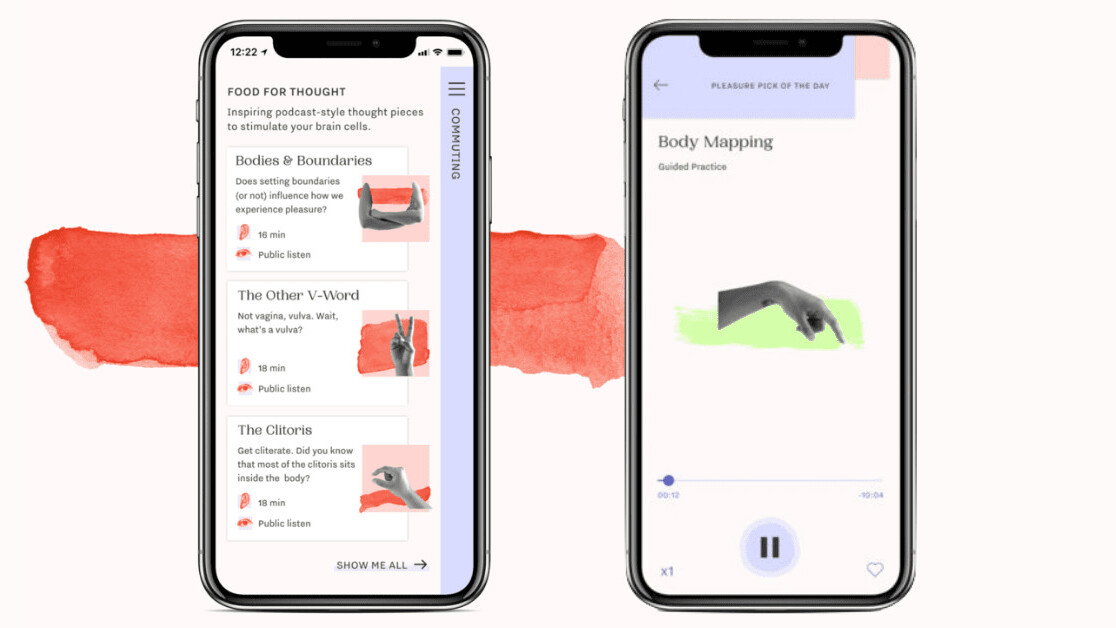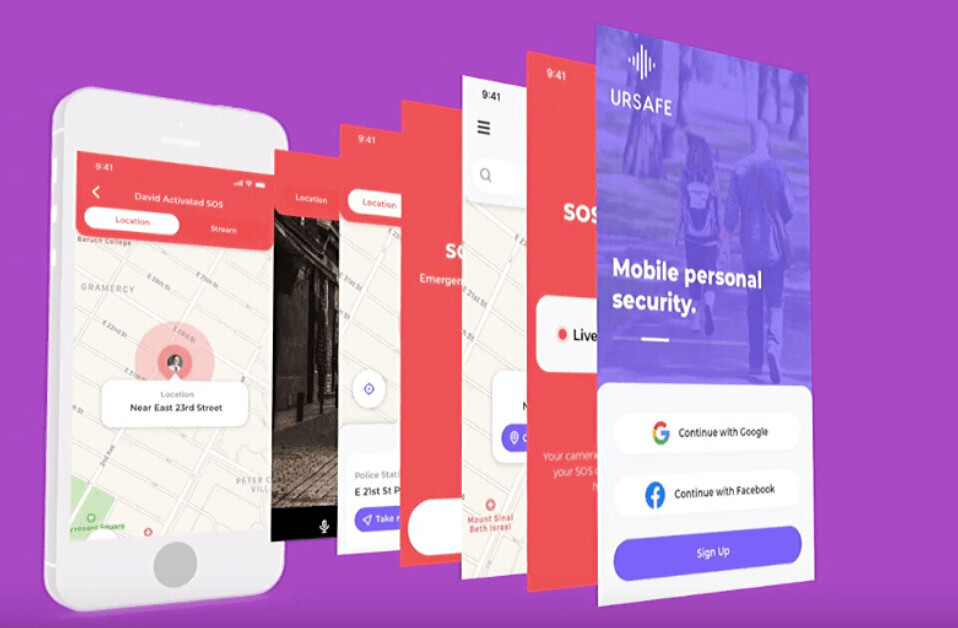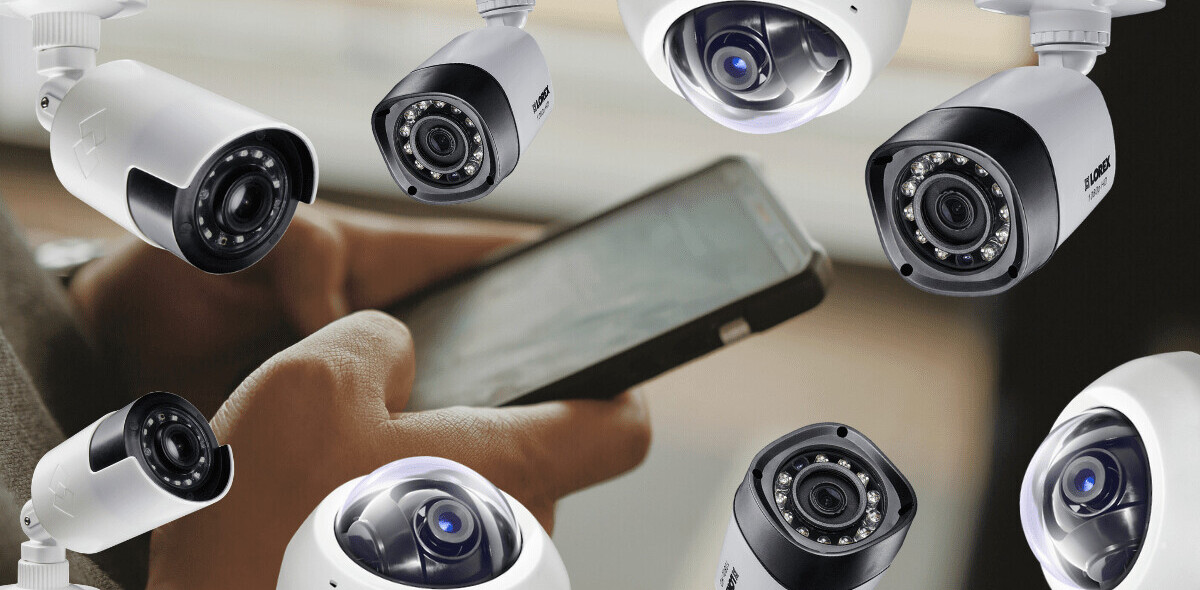
For the ongoing series, Code Word, we’re exploring if — and how — technology can protect individuals against sexual assault and harassment, and how it can help and support survivors.
With female sexuality being a taboo topic, Ferly — an audio app that redefines the meaning of sex education — aims to help women connect with their bodies, and provide a safe space for survivors.
Sex is complex, but there’s a new wave of apps and websites that aim to help women connect better with their bodies and sexuality. One such app is Ferly, an audio app, that is redefining the meaning of online sex education while also helping assault survivors regain their sexual confidence.
The app, which was released on iOS last month, creates a community for women to learn more about their bodies through micro-podcasts on the science of sex, bite-sized articles on intimacy and sexual pleasure, and a journaling space to reflect on their growth.
The website reads: “This is not about great sex. It’ll never be about great sex. This is about you putting words to the shape of your pleasure, to acknowledge that it’s a strange, wondrous, and ever-changing thing. To develop an inner confidence that transforms your most important relationship — the one you have with yourself.”
“Ferly is an old English word that means ‘strange and wondrous,’ but it used to mean ‘strange and frightful,’” Billie Quinlan, the co-founder of Ferly, told TNW. “It was used to reference all the scary and unknown creatures, like witches. But as we came to understand they weren’t real and there was nothing to be afraid of, they changed the meaning of the word. We believe this is a beautiful analogy to female sexuality — something we once feared is now claiming its right.”
When the co-founders of Ferly — Quinlan and Anna Hushlak — came together to build a business that would support women’s relationship with sex, they found it helped tackle a much greater, systemic issue: female pleasure is taboo, and its veil of shame prevents us from achieving true equality.
For many women, understanding sex and being comfortable with their own sexuality is challenging, but for survivors of sexual assault, it can be even harder. Ferly provides a safe space for survivors to rediscover their sexual confidence and receive help from various listed resources – all in a safe environment.
How Ferly helps sexual assault survivors
Ferly was created from personal experience after Quinlan and Hushlak experienced sexual violence and assault respectively. “Anna and I have both navigated sexual trauma which had a profoundly negative impact on our sense of self and our relationship with sex,” Quinlan explained. “At the time, neither of us had the tools or community to help us (re)discover pleasure and invest in our well-being.”
The #MeToo movement gave other survivors the chance to speak up against sexual violence, and Quinlan and Hushlak realized they weren’t alone. In fact, there was a whole community of women who had endured similar experiences. “We wanted to build a safe, enjoyable, and scientifically grounded space,” Quinlan said.
While Ferly provides a space for survivors to get back in touch with their sexuality and confidence, the app’s technology comes with its limitations. For survivors to take their recovery process further, Ferly created a database of recommended resources and experts that can better support them. These resources will eventually live in the app so anyone can access them when necessary.
“I don’t think there are any substitutes for in person, expert support when it comes to such a delicate issue,” Quinlan told TNW. “But I do believe technology can work side by side with expert support and provide a space and tools that are available 24/7. That’s where we would like Ferly to progress to.”
Like this article and want to see more like it? We have a monthly feminist tech newsletter called “Byte Me” — subscribe here.
Get the TNW newsletter
Get the most important tech news in your inbox each week.





